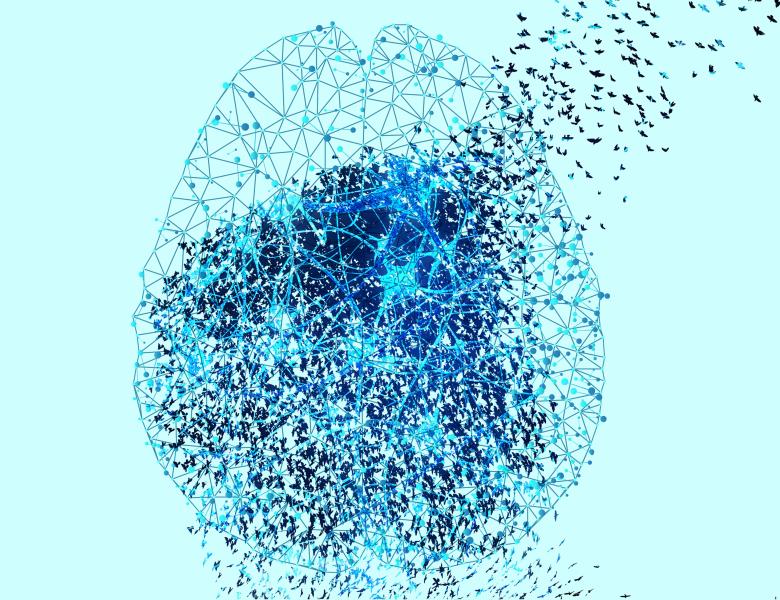
Abstract
The extent to which language modeling induces representations of the world described by text—and the broader question of what can be learned about meaning from text alone—have remained a subject of ongoing debate across NLP and cognitive sciences. I'll discuss a few pieces of recent work aimed at understanding whether (and how) representations in transformer LMs linearly encode interpretable and controllable representations of facts and situations. I'll begin by presenting evidence from probing experiments suggesting that LM representations encode (rudimentary) information about entities' properties and dynamic state, and that these representations are causally implicated downstream language generation. Despite this, even today's largest LMs are prone to glaring semantic errors: they hallucinate facts, contradict input text, or even their own previous outputs. Building on our understanding of how LM representations influence behavior, I'll describe a "representation editing" model called REMEDI that can correct these errors by intervening directly in LM activations. I'll with some recent experiments that complicate this story: much of LMs' "knowledge" remains inaccessible to readout or manipulation with simple probes. A great deal of work is still needed to build language generation systems with fully transparent and controllable models of the world.


